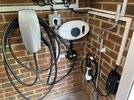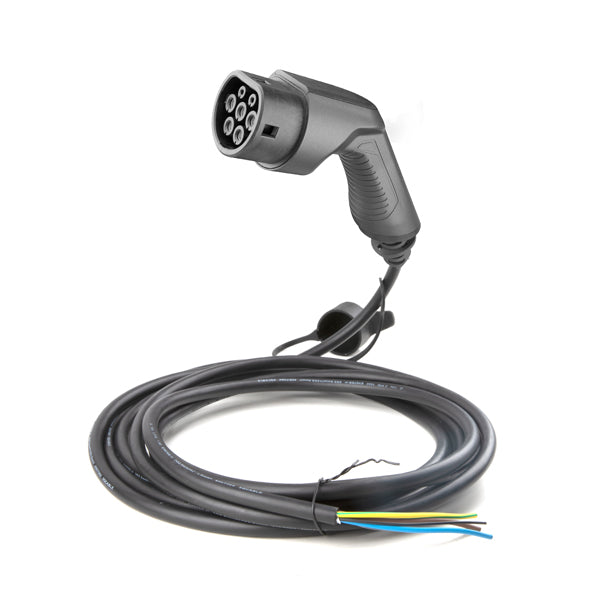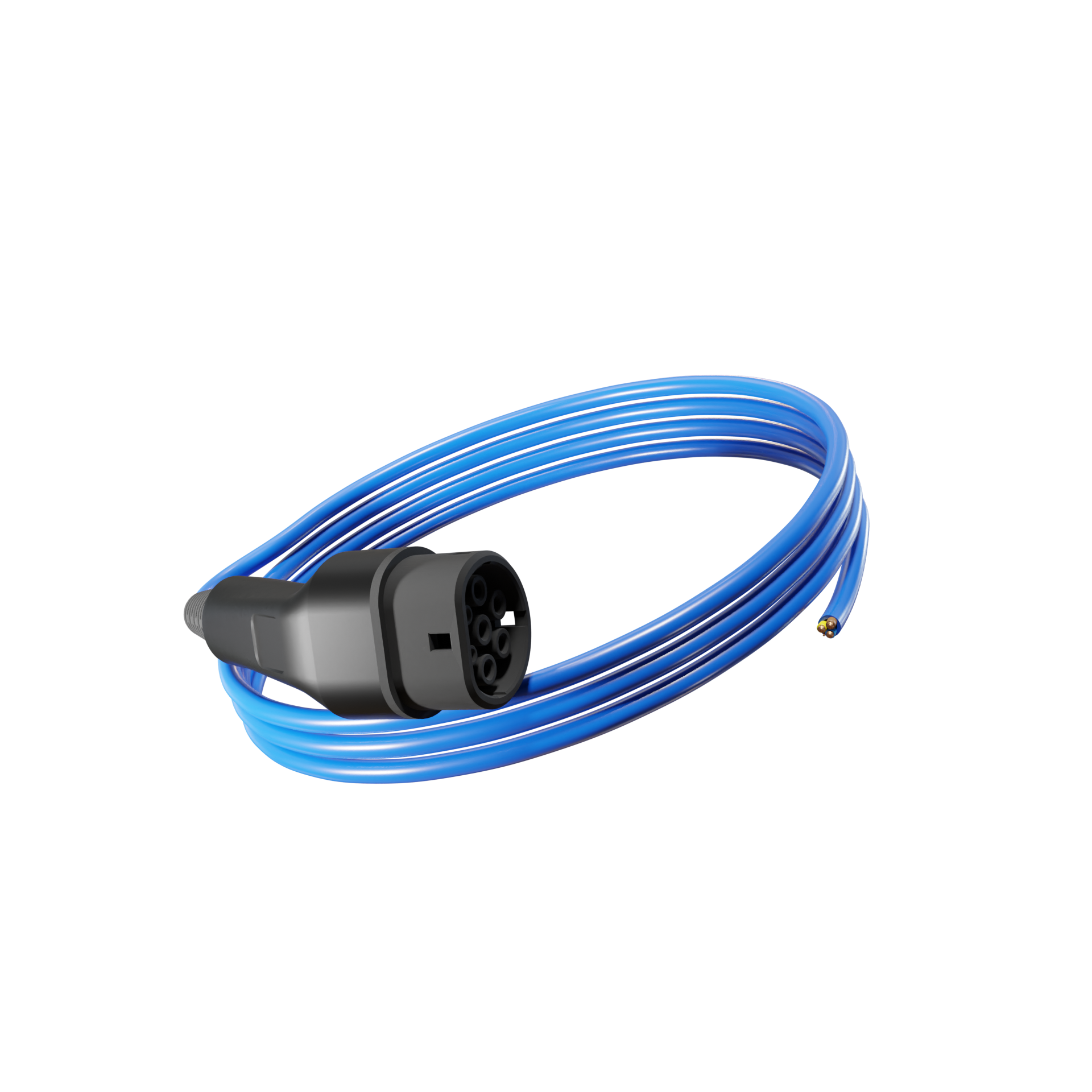RedMod3
Member
That is exactly what I had done. I bought a mini Type B RCD consumer unit off Amazon and my Sparky fitted it as I didn't want to use any of my existing four consumer units. Fortunately, he found some spare terminals in the Henley blocks and hot wired the new consumer unit it. My sparky insisted that the tails must be 25mm, but the BP Chargemaster fitter said they need not be.Many installations will bypass the existing consumer unit and fit a mini one. This also has the advantage of keeping sustained high current kit out of an existing installation with potentially little or no history. They would normally use a Henley Block to split the tails from the meter or isolation switch.
If you don't have an isolation switch (often fitted for free when a new meter is installed if you ask) then the main fuse will need to be pulled. The volume of the tuts and sucking noises from the electrician is often an indication on how much they want to inflate the price. Technically I believe that whilst it is illegal to pull the fuse without permission from the DNO, if you speak to any reputable electrician who knows his job they will explain the seemingly unwritten understanding that sometimes the fuses need to be pulled and next time the DNO or meter company is on site they will simply re fit the seal and not ask any questions. It saves them and the DNO wasting their time on an unnecessary phone call.
The DNO came round and pulled the fuse to recheck it was 100A, and he resealed it as my solar installer pulled the fuse when he wired up our solar installation; the DNO didn't seem too bothered and your comments match with my experience. I then installed a changeover switch to select either my Tesla or BP Charger. Photo here showing the Granny Charger wired to E7 and the other two to 24hr supply.
We don't have an isolating switch; I wasn't inclined to pay £100 to have one fitted.






